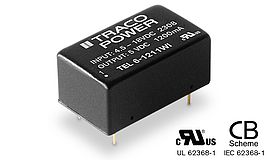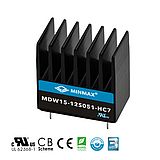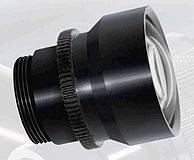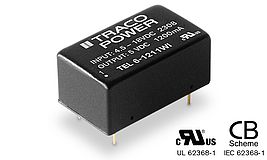IEN Europe: Shell has recently launched a new version of its Tellus. How can your hydraulic oils can help improve the reliability of hydraulic systems?
Mr. Draper: Shell Tellus S2 MX and Shell Tellus S2 VX have been designed to improve system reliability in three distinct ways. Firstly, they provide enhanced anti-wear protection to ensure that the equipment last longer in service and protects the customer’s investment. This is reflected in the approval listing by Bosch Rexroth for Shell Tellus S2 MX (with Shell Tellus S2 VX planned to follow), a demanding new approval issued in response to increased performance demands of modern equipment. This enhanced anti-wear capability also provides potential benefit for older equipment so is not just relevant to new installations.
Secondly, they are designed for longer oil life, with twice the life of the previous products in the ASTM D943 oxidation test. Finally, they provide excellent system efficiency through separation from air and water, and filtration performance. These benefits help ensure that equipment operates as it was designed to do throughout the service interval, not just immediately after a fluid change.
IEN Europe: Which are the main challenges the sector is now facing? How do you respond to these needs?
Mr. Draper: In recent years, changes to operating conditions have increased stress on manufacturing equipment. With productivity paramount, customers are seeking to increase output capacity by minimising unplanned equipment shutdowns and extending maintenance cycles. Machinery is required to work under higher temperatures, greater power density and in operating pressures that have risen by as much as 500 bars. What’s more, the trend towards downsizing equipment means a smaller oil reservoir, which means there is less lubricant available in the hydraulic system. In many countries, particularly places like China, there have also been rapid technological advances. For example, the growing prevalence of industrial robots are making the need for reliable, precise, unmanned equipment operation more vital than ever. That requires lubricants and greases that can be trusted to deliver efficient performance without close monitoring or interruption.
IEN Europe: Research and Development plays a critical role in the innovation process. Which are the main sectors your R&D department is now investing on?
Mr. Draper: We have over 200 scientists and engineers working in specialised technical centres for lubricants in China, Japan (JV), US and Germany and we work closely with academic institutions on technology development for lubricants, including Tsinghua University, Beijing, China, Imperial College, London, UK, Eindhoven University, NL and the Massachusetts Institute of Technology, USA.
The evolving nature of the manufacturing sector and the demands being placed on equipment is one of the reasons we invest so heavily in product development. Shell is the largest branded lubricant supplier in the world and has been serving original equipment manufacturers (OEMs) and industries with specialised products, services and technical support for generations. We work with OEMs like Chrysler, BMW, Daimler, Hyundai, Komatsu, ZF, etc. across the auto, truck, construction and agriculture sectors and by working in conjunction with them through the product development cycle we are able to align our product offerings with their equipment specification needs.
We want to ensure our lubricants and greases help keep manufacturing customers one step ahead of the game. This led us to recently develop the new Shell Tellus S2 MX hydraulic oil. It is one of the first to meet the new Bosch Rexroth standard for wear protection in demanding conditions and also delivers longer oil life compared to the previous generation of Shell Tellus S2 hydraulic oils (Shell Tellus S2 M) – both of which can help reduce overall total cost of ownership. The product also offers superior air release and filterability compared to traditional mineral oils, helping improve efficiency and reduce noise. This is particularly important in manufacturing where equipment (and staff) are often required to work in enclosed spaces.

















